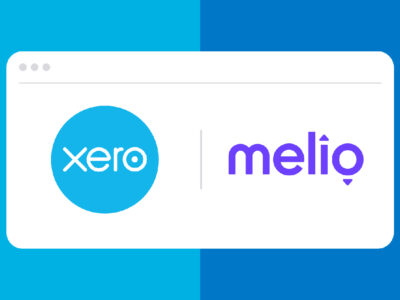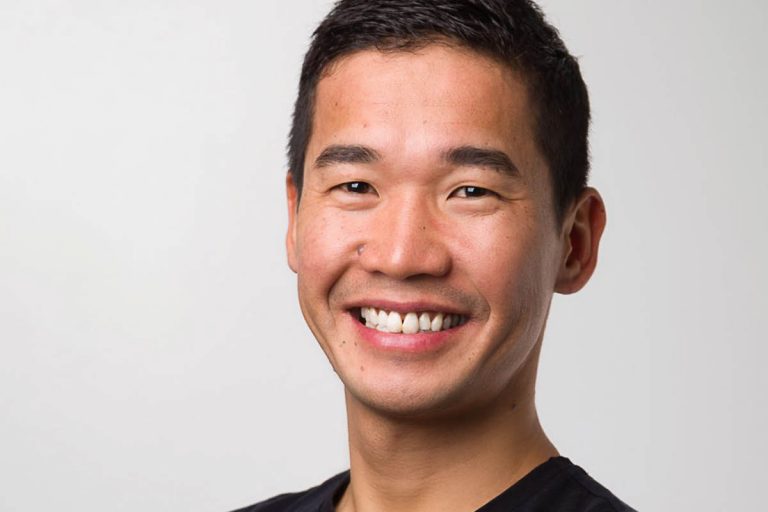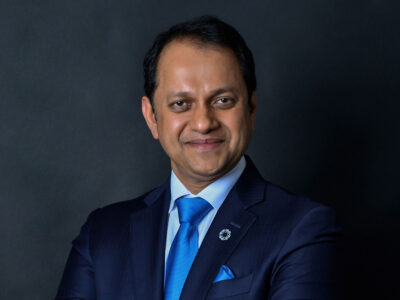How mentorship positively impacted your own journey as a founder
Mentors are individuals with deep industry, investment, or entrepreneurship experience. The best mentors in any community are those who have experienced the founder journey themselves whether having created a successful business or not. This knowledge and experience is not often present in existing educational systems.
Thus, founders become unique sources of knowledge for burgeoning entrepreneurs. I personally cannot imagine being able to build my own startup or help other founders without working with the amazing mentors that I have had throughout my startup life.
When I started my first company, my mentors helped me with the most basic entrepreneurial knowledge (registering your company, setting up your team, building your product etc) to now helping me navigate my personal relationships while being a founder. They can become an invaluable source of tactics, strategy building and the most honest reflection of yourself. For example, mentorship came in handy for me when I was struggling to retain talent within my company.
Specifically, I was having a hard time finding the right person for a sales job. I struggled to identify why I couldn’t find this person, so I went to my mentor. My mentor helped me to identify that I was focussed on hiring someone that was a cultural fit for my team but didn’t actually have the capabilities to fulfil the responsibilities of the job. This resulted in hiring a series of people my team and I got along with but who could not deliver.
I think mentors are the secret sauce for any founder if leveraged correctly. They are an essential part of your startup team. I can’t imagine my journey without any of the mentors or advisors that I was lucky to have throughout the years.
Why seeking support is not a sign of weakness
As an entrepreneur, you are on one of the hardest journeys – providing a solution or creating something for people who haven’t quite understood what it is that they need created. We’re constantly building against time, competitors and change. With this in mind, we need to utilise all available resources at our disposal to accelerate our progress. Seeking support, working with others and asking for help are the most basic but most important growth tools that we have. It is a critical part of growing and is not a danger to your progress.
Seeking help and support is often looked down upon in modern society as a sign that you are weak, you don’t know what you are doing and need to be saved. However, I have found that those who seek mentorship are more likely to succeed, because they have the sense and humility to understand that sometimes they simply don’t have all the answers and need expert advice. Seeking mentorship and advice from those who have travelled the founder road before you shows a desire to improve and to want your business to scale and thrive.
Founders need to start accepting mentorship as a sign of strength, and understand how taking valuable advice can save them time, money and the reputational costs of making bad business decisions in the future. The saying goes, “It takes a village to become the best founder you can be, as opposed to a founder who thinks they are already doing everything perfectly. The founder journey is a tough one, but staying humble, open to constructive criticism and advice are absolutely essential if you raise a family” and in the case of a successful business it also requires a supportive network of mentors to realise the full potential of your startup.
 Entrepreneurial knowledge is an invaluable trait among successful leaders
Entrepreneurial knowledge is an invaluable trait among successful leaders
How mentorship can help founders avoid making big business mistakes
A lot of mentors are successful CEOs. Mentors have an intimate experience of navigating the triumphs and pitfalls as founders. They not only have done the trials you are attempting to do but can also empathize with you in the most unique ways. They work with the companies pro bono, without expectation of reward or compensation, will share their knowledge and guidance freely, and will open their networks when appropriate.
This contract in itself sets the healthy intention of prioritising the founders and the goals that they are trying to achieve. The relational nature of the mentor is that they are there to support the founders no matter what.
A great definition of a mentor’s role is laid out by Brad Feld. “You won’t try to solve the problems. That’s not your job as a mentor. But you will be a guide. At some point, it will be appropriate, as a guide, to say what you would do if you found yourself in a similar situation. But, as a great guide, you won’t force this outcome, nor will you be judgmental if the founders go down a different path.”
How founders can work more collaboratively to support one another
Peer founders are as important as having a good mentor, in certain cases peer support is actually a better choice. They can be a great source of learnings, collaborations, connections, and just a great friendship. There are many important roles founders can play not only for their companies but also for their fellow founders. One of the most important things that successful entrepreneurs can do is to help those who want to follow in their footsteps. They can do so in several ways:
- Acting as mentors and providing advice
- Helping connect founders with potential customers, partners, employees and investors
- Providing capital as early-stage investors
- Leading local support programmes by serving as board members, executives and volunteers
- Partnering with other entrepreneurs to start new businesses and helping to train their co-founders and employees in the process.
- Research indicates that entrepreneurial businesses with stronger ties to these networks perform better.
- Cultivating networks between successful entrepreneurs and future founders is thus critical. Entrepreneurs talk to one another and often work together to solve collective challenges. They have deep knowledge of the problems they face themselves, as well as those faced by other founders in the same region.
Creating a vibrant startup community
Over the years, Oko Davaasuren is playing his part in creating startups around the world. Davaasuren was born and raised in Mongolia. He received a BA in Finance from Portland State University in 2009 and an MA in Engineering Technology Management in 2012. He returned to Mongolia to undertake and complete his MBA. He has co-founded and help run several fintech, travel, commerce and publishing startups in Asia.
 The best mentors in any community are those who have experienced the founder journey themselves
The best mentors in any community are those who have experienced the founder journey themselves
He co-founded START, a Singaporean startup support company in 2011 and continues to work there. He is also an advisor for AND Global, a fintech company, iHotel LLC, a travel company, and TUZ Ventures, a venture investment firm focussed on Central Asia.
Being a founder himself, Davaasuren has always worked to support other founders by building communities.
He joined Techstars through its acquisition of UP Global, where he had been working to build the Malaysian startup community. He has been on the Techstars team since 2015, coming in first as a director and now as a senior director.
According to Davaasuren, the biggest impact that Techstars sees as a result of their work with ecosystem development is a shift in the mindset and culture of communities. The ecosystem development project helps communities around the world to understand their own uniqueness and gifts, and teaches communities how to better utilise their strengths and resources to help their founders.








